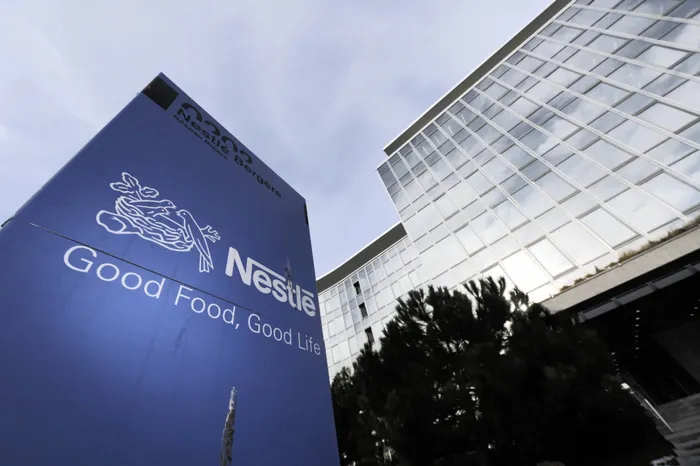Nestle slashes growth forecast

Zurich - Nestle said it will fall short of its long-term growth target for a third consecutive year, highlighting the volatile conditions in emerging markets that continue to weigh on European consumer-product companies and retailers alike.
Sales will probably rise about 4.5 percent on an organic basis in 2015, less than the company’s previous target of about 5 percent, the Vevey, Switzerland-based maker of Nespresso coffee and Cailler chocolate said on Friday. Nine-month revenue advanced 4.2 percent on that basis, hurt by a recall of Maggi noodles and weakness in China, its second-largest market. Analysts expected a 4.7 percent gain. The stock fell as much as 3.1 percent.
The KitKat maker’s performance is in contrast to Unilever, the producer of Ben & Jerry’s ice-cream, which said on Thursday full year-sales growth will be near the top end of its forecast. The British-Dutch company said it had double-digit growth in China, bolstered by online sales. Nestle has a long-term average goal of annual sales growth of 5 percent to 6 percent.
“This is exactly the opposite of Unilever yesterday,” wrote Andrew Wood, an analyst at Sanford C. Bernstein. “The comparisons are stark. The Maggi noodles withdrawal seemed to bite much harder.”
Stock drops
Nestle shares declined 3 percent to 72.90 francs as of 9.01am in Zurich.
India’s recall of Maggi noodles wiped about 0.3 percentage points off nine-month sales growth, Chief Financial Officer Francois-Xavier Roger said at a press conference. The company is working on reintroducing the products after being off the shelves for six months.
Sales in Nestle’s Asia, Oceania and Africa region fell 0.5 percent, after revenue in those markets rose 0.8 percent in the first half. The food company said the Chinese market is recovering slower than it expected. Nestle got 6.6 billion francs of revenue from Greater China in 2014, 7.2 percent of its total sales.
“This is a real disappointment and questions around the Nestle model of 5 percent to 6 percent organic growth will only increase,” wrote Warren Ackerman, an analyst at Societe Generale.
Nestle also said its skin health unit took a one-time charge in the third quarter as it adjusted its prescription drug rebate policy in the US, taking a more “conservative” approach. Excluding that adjustment, Nestle’s nine-month organic sales growth was 4.5 percent, estimated Jean-Philippe Bertschy, an analyst at Bank Vontobel in Zurich.
The company’s definition of organic sales growth excludes acquisitions, divestments and currency shifts.
BLOOMBERG